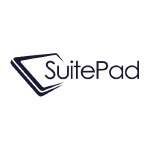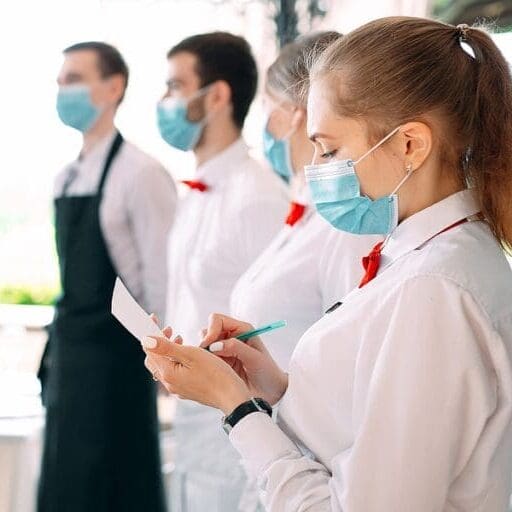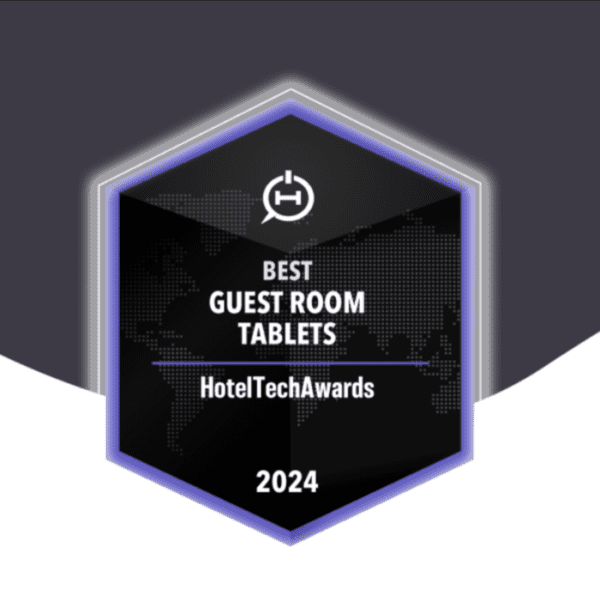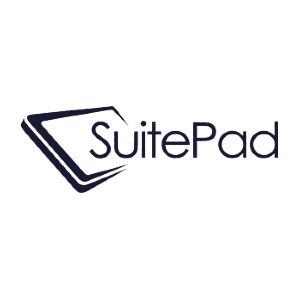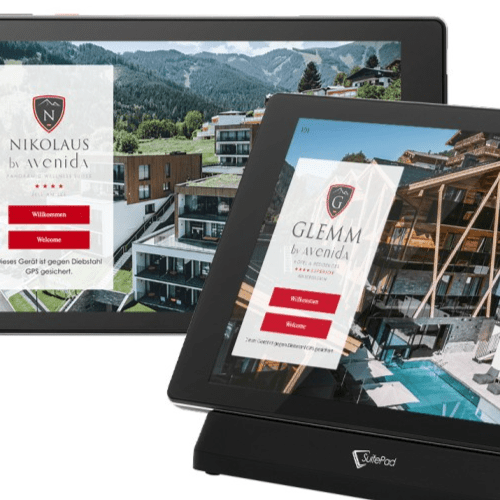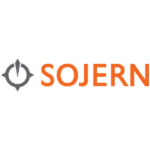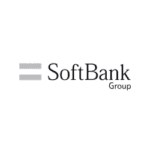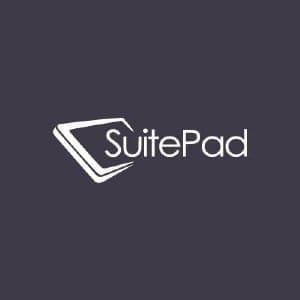The coronavirus pandemic has blindsided the hotel industry in a way that nobody could have predicted until it was too late. The travel industry as a whole has perhaps suffered more than any other, whether it be hotels, airlines, or bars and restaurants in tourist hotspots. Each of these industries relies on the others for success, so it’s unlikely that things will return to normal until all the links in this chain are back up and running to full capacity.
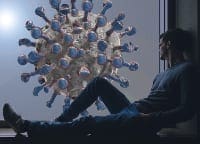 As restrictions start to lift and hotels begin to reopen—albeit with certain limitations in place—hoteliers may be asking themselves what the “new normal” for the hotel industry is going to look like, how long it is going to last, and how they can maximize their profits in a way that is safe for both guests and staff.
As restrictions start to lift and hotels begin to reopen—albeit with certain limitations in place—hoteliers may be asking themselves what the “new normal” for the hotel industry is going to look like, how long it is going to last, and how they can maximize their profits in a way that is safe for both guests and staff.
This is the first in a series of four articles that aim to inform hoteliers on how they can utilize digital solutions to overcome some of the biggest obstacles they will face under the “new normal”.
High-touch surfaces in hotel rooms are breeding sites for bacteria and viruses
Even before the current pandemic, experts were already well aware of the number of pathogens that survive on high-touch surfaces in hotel rooms. In a 2018 article by TIME Magazine, light switches and TV remotes were found to harbor the highest number of microbes in hotel rooms because of the number of times guests touched them with their hands. The BBC noted in an article published in March 2020 that coronaviruses are known to be particularly resilient to conditions considered hostile to most other viruses, meaning it’s likely that they can survive outside the body on favorable surfaces such as plastic, metal, or glass for up to 9 days. At some hotels, 3 or 4 guests can come and go in this period of time!
There are numerous high-touch surfaces in hotel rooms. Just consider how often you’ve walked into a hotel room for the first time and played with the light switches to find the perfect ambiance, grabbed the TV remote and flicked through the channels to see what’s on, and opened all the cupboards and drawers to inspect how well it’s been cleaned. Would you still do this if you knew that these areas were the most virus ridden parts of the room? I bet you wouldn’t, and neither would your guests.
While most bacteria and viruses are relatively harmless, our bodies have no natural immunity to COVID-19 which means that these previous discoveries about the viral load on high-touch surfaces take on a whole new significance for hoteliers and their cleaning staff. But, there are areas that housekeeping staff simply can’t get to. Think about the small crevices in between the buttons of a TV remote, the speaker holes in the telephone receiver, or the page folds on the paper guest directory that every guest flicks through for information on the hotel. Even with the strictest cleaning schedule, these hidden places may be exposing your guests to potential danger during the coronavirus era.
Using digital technology to minimize the number of viruses on surfaces in hotel rooms
This situation may seem rather damning. You maybe be wondering how your chief concern went from being whether the beds are made correctly to whether you’re potentially exposing guests to a deadly disease. There is, however, technology out there that can help hoteliers overcome this problem by minimizing the need for guests to touch so many surfaces in their room. This comes in the form of in-room tablets integrated with room controls.
You’re probably aware that in-room tablets have been around for some time, but over the last few years, companies have increased their integration capabilities, opening up new potential for hotels to control the guest experience in the hotel room. The smart hotel revolution means many features in the hotel room that once required contact with high-touch surfaces such as light switches, telephones, TV remotes, guest directories, and climate controls can now be operated from a single centralized in-room device, relieving guests of the need to touch or speak into virus-harboring hotspots.
A great example of is type of integration is the partnership between INTEREL and SuitePad. INTEREL’s Hotel of Things™ ecosystem works seamlessly with the SuitePad interface, empowering guests by giving them total control of their in-room experience from a single device. This will enable you to provide the experience that guests have come to expect from staying at your hotel while also reducing the risk of them catching coronavirus.
Tablets provide a single easy-to-clean surface
You may be thinking “hang on a second, doesn’t this just make the in-room tablet the new high-touch surface teeming with viruses and bacteria?” And you’d be right—if you never cleaned them! If you weren’t to clean your in-room tablets they would soon build up a bacterial load that’s similar to the high-touch areas you’re trying to avoid guests from touching.
However, this would only happen if you didn’t clean them—which is why it’s imperative to instruct your housekeeping staff to concentrate on cleaning the tablet in each room while on their housekeeping rounds.
Using in-room tablets and cleaning them regularly has two major benefits that minimize the spread of infections bacteria and viruses:
- Firstly, it allows the cleaning team to concentrate on cleaning one surface rather than many. This reduces the risk of housekeeping staff forgetting to clean one or two surfaces and ensures that they can blast it with all the necessary disinfectants to kill any viruses lurking on the surface.
- Secondly, in-room tablets are specifically designed to be easy to clean and keep clean. They are built without hard-to-clean gaps and crevices where microbes can linger and fester. This provides a safer, germ-free surface for when the next guest occupies the room during their stay.
This short video from SuitePad highlights the importance of consolidating the in-room controls on one easy-to-clean device.
Restoring guest confidence one step at a time
Providing more hygienic hotel rooms has benefits beyond keeping your guests safe. It also shows that you’re taking the situation seriously and actively caring for the wellbeing of those that walk through your doors. At a time when we’ve become obsessive with handwashing and mask-wearing, it’s important to reassure guests so they have the confidence to return to staying in hotels.
The sooner you implement measures to keep guests safe, the more likely it is that they will choose your hotel over your competitors. This is just one of many small steps that need to be taken to help rebuild the bonds of trust between guests and hoteliers that have been broken by the coronavirus pandemic.
Hotel room cleanliness is the “new normal” in the hotel industry
The hotel industry is emerging from one of the biggest shocks it’s had since World War Two, and it’s still in a very precarious position. The “new normal” will mean taking the coronavirus pandemic into account across all industries—especially customer-centric industries like hotels, where it could potentially last long into the future.
If you’re wondering how best to traverse this unique and tricky situation, you should certainly consider the impact that installing in-room tablets integrated with centralized room controls could have at your hotel in the long run. Hotel room cleanliness has always been an important factor in running a successful hotel business, but now it has also become a huge factor in keeping guests safe and restoring their confidence in the hotel industry. Digital solutions such as in-room tablets have been proven to reduce guests’ contact with potentially contaminated surfaces, and harnessing their potential will be imperative for hoteliers that want to hit the ground running when tourist confidence finally returns.
If you’re looking for a solution to help you create a safe and secure in-room environment for your guests, order a free in-person or online demonstration of SuitePad’s products. Our next article in this series will be discussing how in-room tablets can enable you to maximize your F&B potential during the coronavirus era, but if you’d like to find out more, check out our latest blog post on opening hotels in the coronavirus era.
About Suitepad
SuitePad is the market leader in providing in-room tablet solutions that create added value for guests and hotels alike across central Europe. We are propelled by the vision to help hotels to shape the guest room of the future: guest directory, telephone, remote control, newspapers and room service menu are all united on a single device – the SuitePad. We are working with some of the most renowned hotel chains in more than 16 countries and were awarded various industry awards. According to our philosophy of creating an open and easy-to-use platform in the guest room, we developed SuitePad to offer hotel internal as well as external services, as desired by the hotel. Guests may not only browse hotel information, order room service or place reservation for hotel outlets but may also access entertainment offers like newspapers, movies, and social media.


